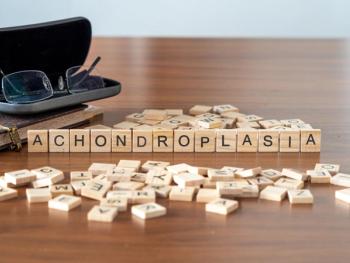
Do cough suppressants and antihistamines improve a night cough?
Results of a study of 100 children with upper respiratory infection show that neither of two over-the-counter drugs-the antitussive dextromethorphan and the antihistamine diphenhydramine-that parents often give to their child to relieve nighttime coughing or mitigate its effects on sleep is more effective than placebo at reducing coughing during such an infection.
Parents assessed their child's cough and sleep status by answering a brief questionnaire, which addressed five outcomes: cough frequency and severity; how much the cough affected the child's and the parent's ability to sleep; and how bothersome the child found the cough. Investigators compared parents' assessment of the night before the one-night study with their assessment of the following night, when each child received dextromethorphan, diphenhydramine, or placebo. The children, between 2 and 18 years old (median, 4.5 years), had been ill for, on average, 4.2 days before entering the study.
Neither dextromethorphan nor diphenhydramine was superior to placebo for allevating the frequency, severity, or bothersome nature of cough. In addition, neither agent was associated with better sleep for patient or parent. Children in all treatment groups-including placebo-showed dramatic improvement in all five outcome measures the second night. The three groups also did not differ significantly in adverse effects, which were limited. Only two adverse reactions approached statistical significance: insomnia in the dextromethorphan group and drowsiness in the diphenhydramine group (Paul IM et al: Pediatrics 2004; 114:e85).
The authors were wise to include data on the effect of children's cough medications on parents' sleep because it is tired parents who often ask that their child be treated.
This study needs to be repeated earlier in the course of respiratory illness. At 4.2 days into an upper respiratory infection, time is often administering its healing effect.
Newsletter
Access practical, evidence-based guidance to support better care for our youngest patients. Join our email list for the latest clinical updates.








